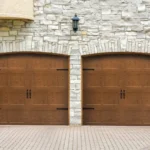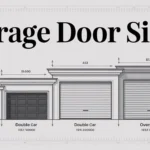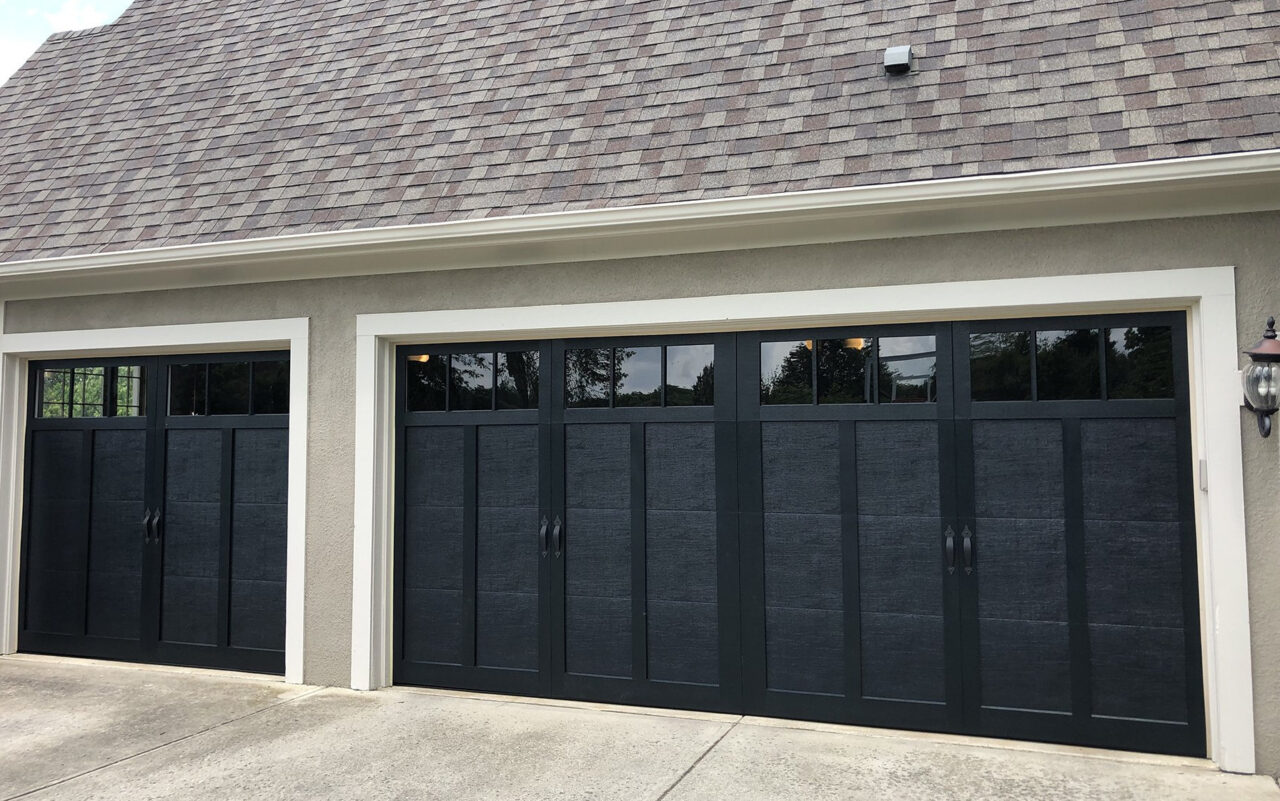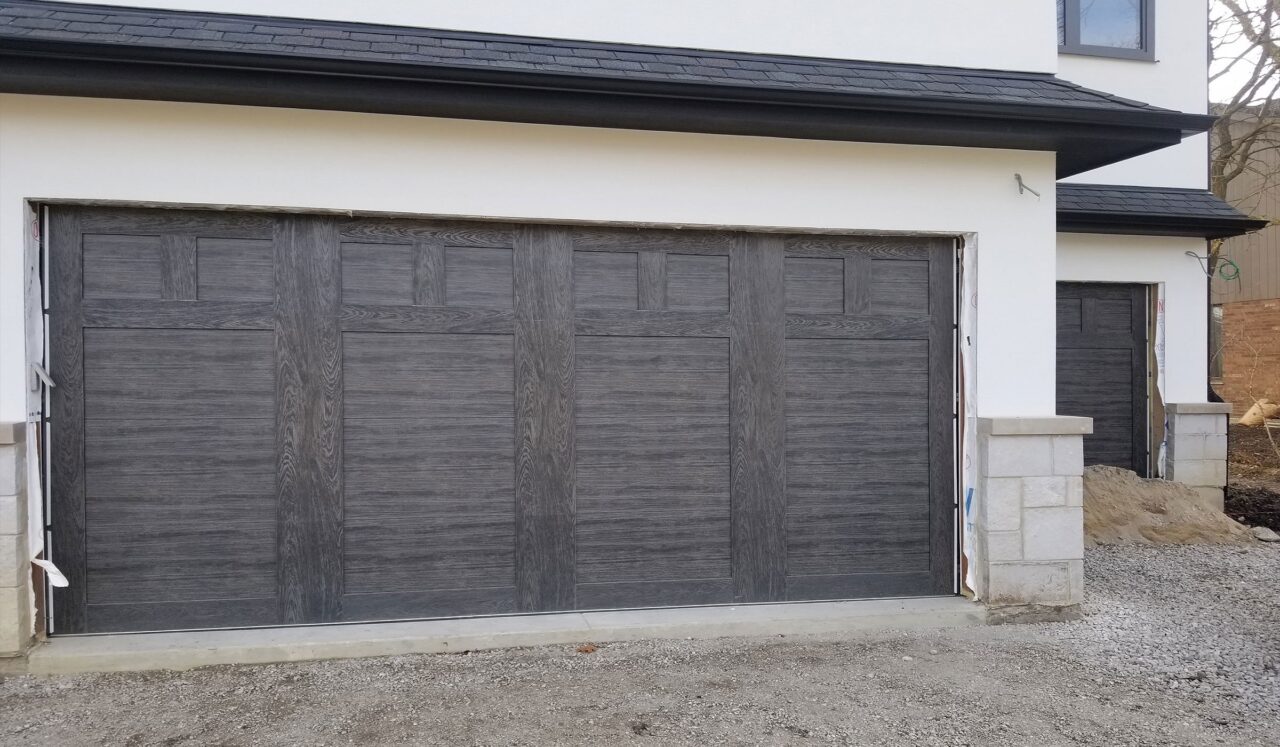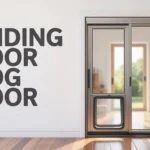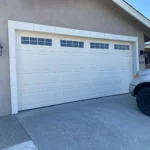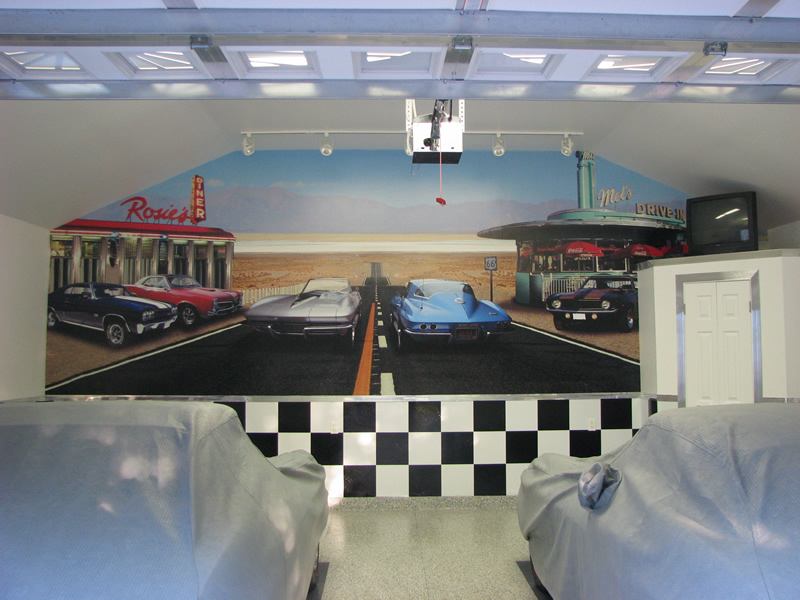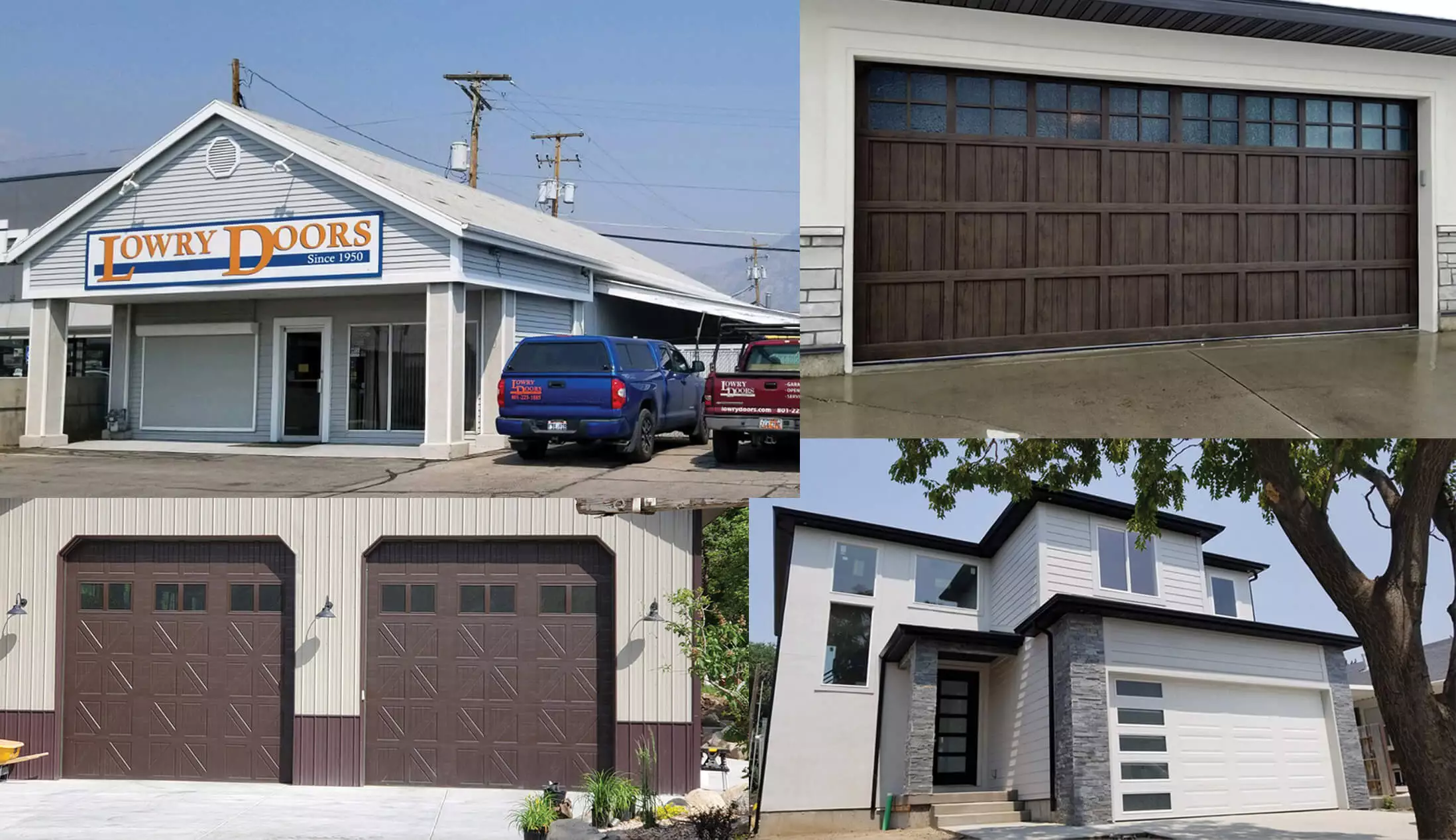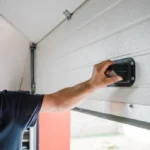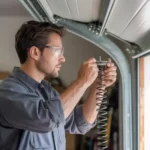If you’ve ever admired a sleek, modern home with walls of glass that let natural light flow freely, you’ve probably noticed one feature that ties the whole design together — the glass garage door. Once seen only in trendy restaurants and car showrooms, glass garage doors are now becoming a popular choice for homeowners who want to blend style, light, and practicality in one stunning upgrade.
As a garage door specialist who has helped dozens of homeowners transform their curb appeal, I’ve seen how a glass garage door can completely change the way a home feels — inside and out. In this post, we’ll explore what makes them unique, their pros and cons, how they perform in different climates, and a few insider tips before you make the investment.
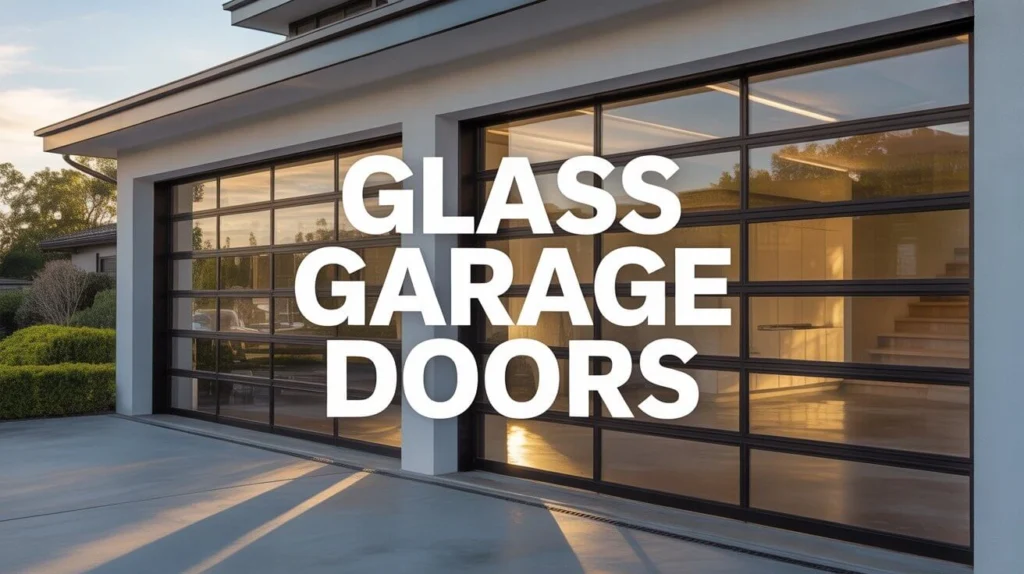
Content
What Are Glass Garage Doors Made Of?
Glass garage doors are typically constructed with aluminum frames and tempered glass panels, giving them a modern look that’s both durable and customizable. The aluminum frame keeps things lightweight yet strong, while the glass can be frosted, tinted, or clear — depending on how much light and privacy you want.
- Common Frame Materials: Most homeowners choose aluminum and glass garage door because they resist rust and don’t warp, even in humid conditions.
- Types of Glass Panels: Options range from frosted glass garage door for privacy, to insulated glass that improves energy efficiency.
Some manufacturers even offer custom glass garage door designs that include colored glass, etched patterns, or steel trims to complement your home’s exterior.
Advantages of Glass Garage Doors
1. Natural Light & Curb Appeal
The biggest draw of glass garage doors is how they flood your garage — or living space — with sunlight. It makes the area feel open and airy, perfect for home gyms, studios, or workshops.
2. Aesthetic Flexibility
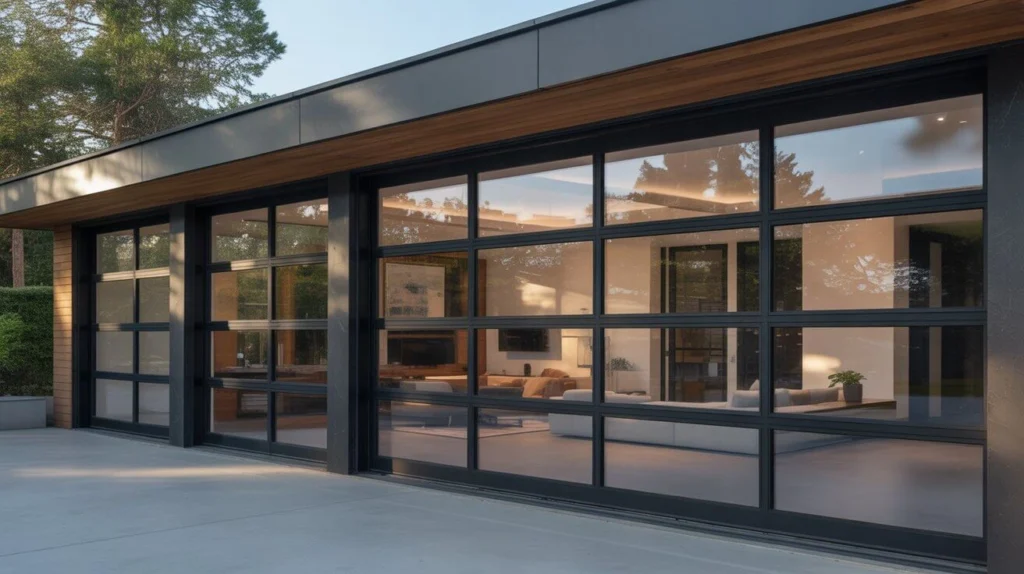
Their sleek design complements contemporary, industrial, or coastal homes. Whether your exterior uses brick, stucco, or wood, the clean lines of a modern aluminum and glass garage door add instant sophistication.
3. Durability & Low Maintenance
Tempered glass is built to withstand impact and weather. Unlike wood, it won’t rot, peel, or require constant repainting. A quick clean with glass cleaner and a soft cloth is usually all it takes.
4. Energy Efficiency Options
Choose insulated glass garage door to keep your space comfortable year-round. Paired with a thermally broken frame, they can help reduce heat transfer.
Potential Drawbacks and Considerations
Like all materials, glass garage doors come with tradeoffs.
1. Cost
They’re generally more expensive than standard steel doors — prices vary depending on glass type, size, and frame finish. But the return on investment often makes it worthwhile, especially if you plan to sell your home.
2. Privacy
Clear glass looks fantastic but can leave your space exposed. Frosted or tinted glass panels offer a smart compromise between natural light and privacy.
3. Insulation in Extreme Weather
While insulated options exist, glass doesn’t retain heat as well as solid materials. If you live in a cold or hot climate, discuss energy-efficient garage doors with your installer.
4. Safety & Security
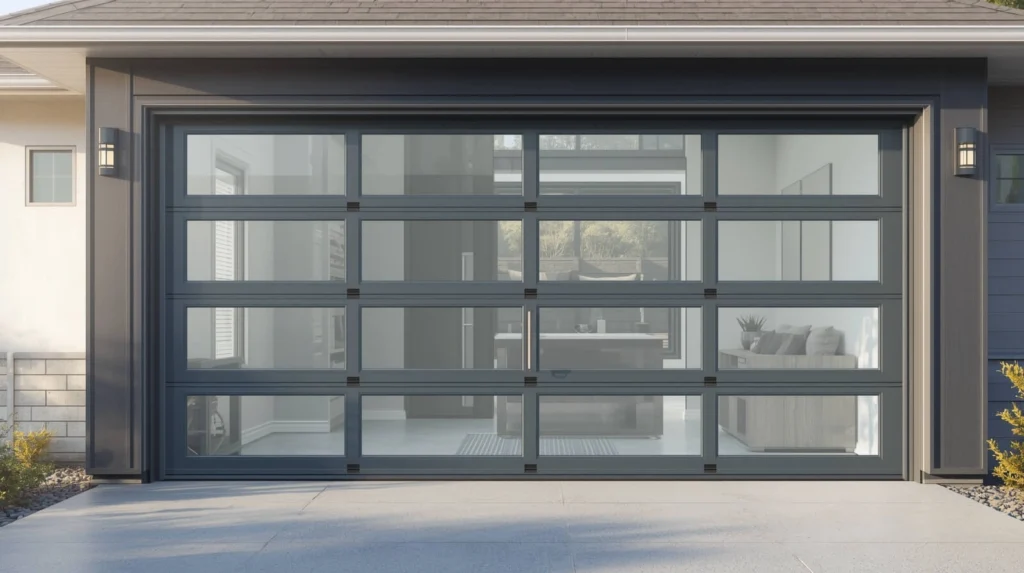
Quality glass panels are tempered or laminated for strength, but make sure they meet local safety codes and come with a strong locking mechanism.
Key Things to Know Before Installing
If you’re wondering “Are glass garage doors secure?” or “How much do glass garage doors cost?”, here are some insider tips from real projects:
- Plan for Proper Framing: Aluminum is strong but requires exact alignment. Poor installation can lead to leaks or noise.
- Match the Design: Make sure your garage door aligns with your home’s style — modern designs don’t always suit traditional exteriors.
- Maintenance Routine: Keep hardware lubricated and clean the glass seasonally to prevent streaking.
- Customization: You can mix frame colors (like black anodized or bronze) and frosted glass patterns for a truly unique look.
- Energy & Climate Check: If you live in an area with heavy snow, consider insulated glass and weather stripping for better performance.
Real-Life Case Study: From Dim Garage to Designer Space
Last year, one of my clients in Chicago transformed their dark, cluttered garage into a bright home studio using a full-view glass garage door. The project used an aluminum frame with frosted insulated glass — giving privacy while letting sunlight pour in.
Within a week of installation, the space looked like a completely new part of their home. The homeowner even said their utility bills didn’t spike during winter, thanks to the insulated panels. It’s now their favorite spot for morning yoga and creative work — proof that function and beauty can coexist.
Installation Insights
Installing glass garage doors isn’t your typical DIY project. These doors require precise alignment, professional-grade hardware, and careful balancing for safety. Before starting, you must also consider your garage door size, since glass panels are heavier and require accurate measurement for proper fit and performance.
A professional installer ensures:
- Correct measurement and fit for your garage door size
- Proper spring tension for the heavier glass panels
- Weatherproof seals to prevent drafts and leaks
If you’re comparing professional installation vs. DIY, remember — even a small misalignment can damage the tracks, panels, or motor. Hiring an expert ensures long-term performance, safety, and keeps your manufacturer’s warranty intact.
Glass Garage Door in Different Climates
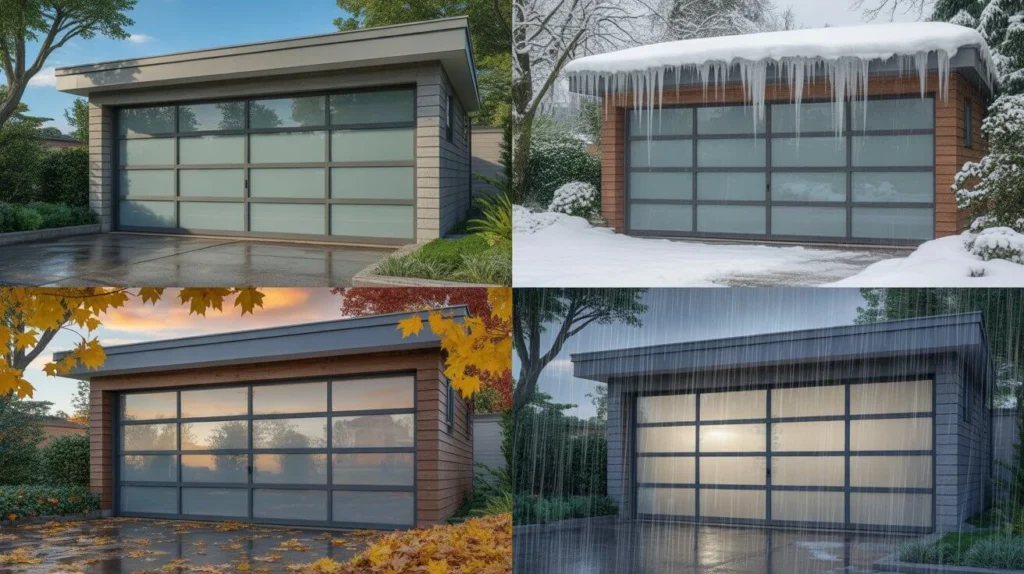
Glass may seem fragile, but with the right specifications, these doors handle diverse environments well.
- Cold Climates: Choose insulated tempered glass and thermal breaks to prevent condensation.
- Hot Climates: Tinted or reflective glass reduces solar gain and keeps interiors cooler.
- Coastal Areas: Opt for corrosion-resistant frames and salt-resistant finishes.
Cost & Long-Term Value
So, how much do glass garage doors cost?
On average, homeowners spend between $3,000 and $6,000 for standard models, while custom glass garage door can reach higher depending on materials and automation features.However, they offer excellent return on investment — boosting curb appeal, natural light, and resale value. Many real estate agents agree that a modern garage door upgrade is among the top ROI renovations for curb appeal.
Glass garage doors bring a sleek, modern touch to any home, enhancing curb appeal and natural light. Their durable materials and customizable designs offer both style and function. If you want premium visibility for your brand, advertise with us today.
Final Thoughts
If you’re looking to blend modern aesthetics with everyday practicality, glass garage doors are hard to beat. They elevate your home’s look, let in beautiful natural light, and can be tailored to fit your climate and privacy needs.
Whether you’re modernizing your home exterior or transforming your garage into a creative space, a glass garage door offers the perfect blend of design and function — a small change that makes a big visual impact. Pair it with durable garage flooring tiles to complete the look, adding both style and practicality to your space.So next time you picture your dream home, imagine it framed with glass — bright, bold, and built to impress, with sleek flooring underfoot that ties the whole design together.
FAQs
Which glass is best for the exterior?
Tempered or insulated glass panels are best for exterior garage doors due to their strength and weather resistance.
Can glass garage doors be insulated?
Yes, insulated glass garage doors use double-pane or thermal glass to reduce heat transfer and improve energy efficiency.
Do glass doors lose heat?
Uninsulated glass doors can lose heat, but insulated or frosted glass garage doors help maintain indoor temperature.
Why are glass garage doors so expensive?
Glass garage doors cost more due to premium materials, custom frames, and tempered or insulated glass options.

Laura lives and breathes garage doors. She’s the one to turn to when you need insights on keeping your garage secure and functioning smoothly.

